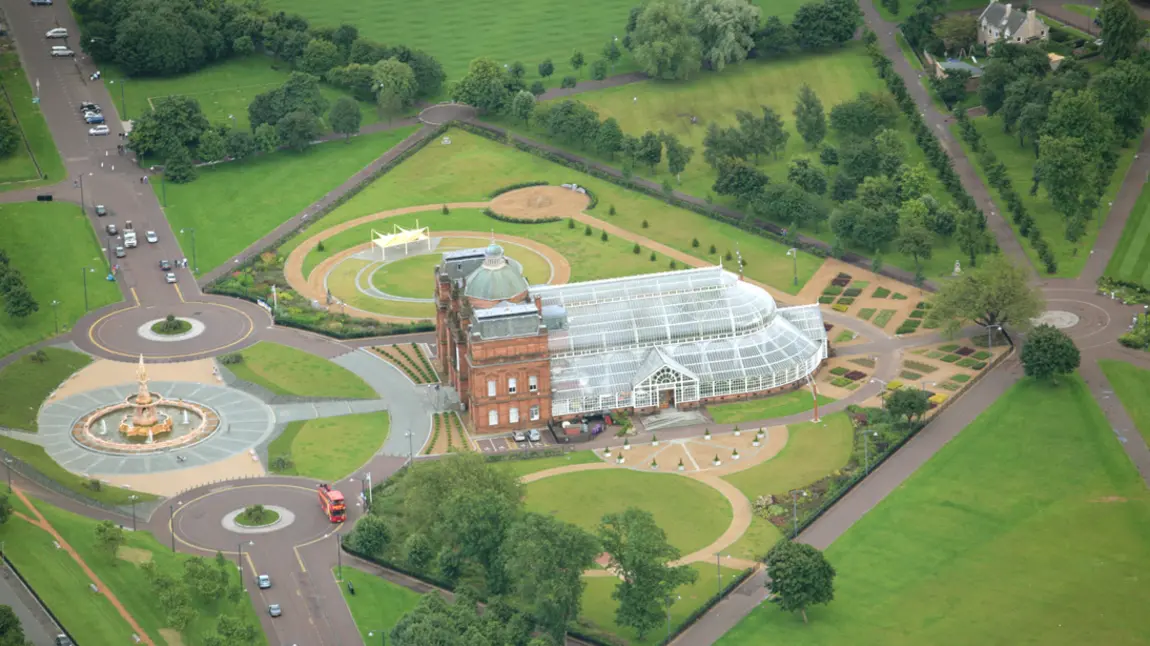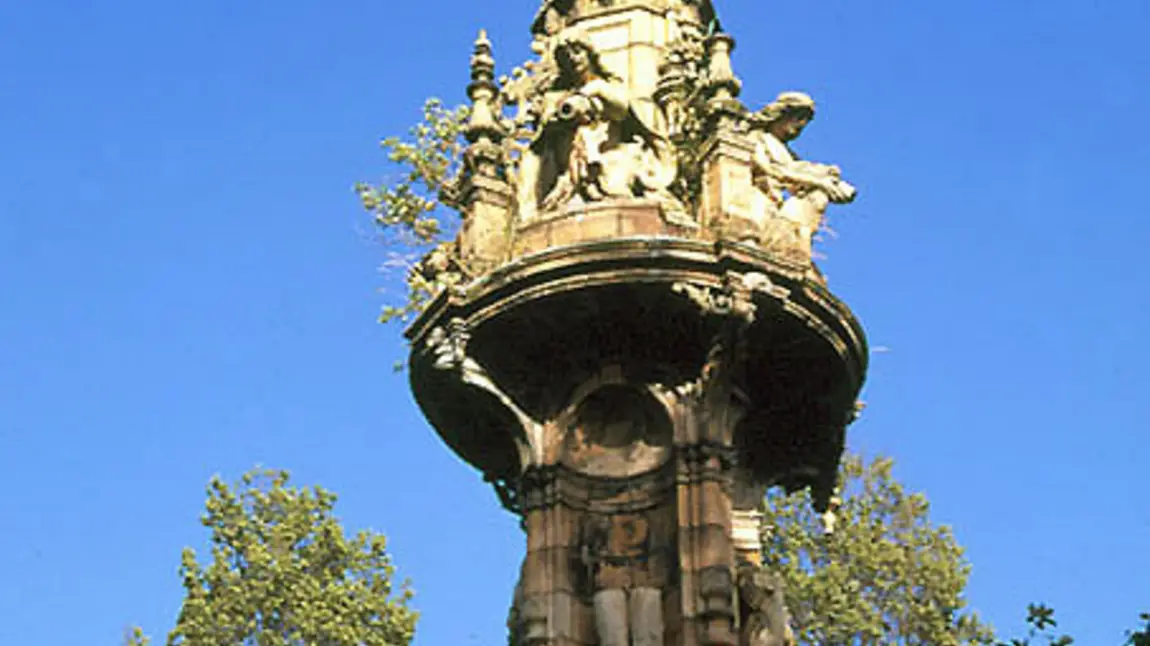How communities can help look after our green spaces

The name of the city I am proud to represent, Glasgow, derives its meaning from the old Gaelic word Glasgu, meaning 'dear green place'.
Glasgow is home to over 90 parks (eight award winning) and gardens. That’s more than 1,900 acres of land - 25% of the Glasgow area as a whole.
Protecting our parks and green spaces is of paramount importance to the health and wellbeing of the city of Glasgow, and many of these themes are picked up in HLF’s report State of UK Public Parks 2016.
[quote]“We want to hear the views of everyone across the UK about the state of their public parks.”[/quote]
The report notes that, even in challenging economic times, where funding for projects and services is being squeezed across all areas of government, regenerating parks enjoys widespread support, with 57% of adults using their local parks at least once a month or more.
The Communities and Local Government Committee, of which I am a member, wants to expand on this with our inquiry into public parks across the UK. We want to hear the views of everyone across the UK about the state of their public parks and how they can be improved. Write to us by Friday 30 September to ensure your voice is heard: contact details are on the Parliament website.
Having a say
The HLF report also notes that the management of parks will increasingly vary as local authorities seek to make savings through the disposal of land and other assets.
I am clear that this disposal should not be done to satisfy the commercial interests of larger companies, but instead should involve communities at every stage of the parks management process.
The Scottish Government’s Community Empowerment Act gives communities powers to purchase surplus assets and request participation in the management and running of community assets. This means they can have the opportunity to exert greater control over their own neighbourhoods and green spaces.
With financial backing of the Scottish Land Fund, which supports bids for community purchase of assets, we can address some of the points made about the diversification of management in a bottom-up, community-led fashion.
Glasgow Green
Community budgeting can also play a role here and there are many successful pilot projects across Glasgow where communities have been able to decide spending priorities for services in their area, including on the creation and management of parks and green spaces.
In my own constituency of Glasgow Central I am delighted to have Glasgow Green, the oldest public park, containing the iconic Doulton Fountain, McLennan Arch, People’s Palace and Winter Garden. The park has benefited from over £8million HLF support for restoration works, and from community groups who support the park’s heritage and development.
[quote]“When parks are prioritised by local authorities, citizens and other stakeholders, cities become better and healthier places to live.”[/quote]
Alongside HLF support, the Friends of Glasgow Green continue to come up with new and innovative uses for the space. In particular, I want to take this opportunity to congratulate Trisha Ingram, Chair of Friends of Glasgow Green and their members and supporters in taking the first steps to raise funds for an outdoor gym in Glasgow Green, which seeks to replace the original equipment which was donated to the park in 1860.
They have already raised £12,000 for the new facility and are hoping to double that amount through a crowdfunding campaign.
More generally, Glasgow Green benefits from being part of the MyParkScotland network, which helps people to find out what’s going on in their local park. This was one of Nesta’s HLF-supported 11 Rethinking Parks projects. Through the MyParkScotland network Glasgow Green benefits from the chance to donate securely to individual park projects. I would encourage local authorities and independent park trusts across the UK to adopt this feature when planning and managing the financial resources of green spaces.
Citizen satisfaction
It’s clear from the conclusions of the report that, when local authorities and communities are both invested in protecting and maintaining our green spaces, the payoff in terms of citizen satisfaction with public parks and park quality is significant.
It’s also clear that, when parks are prioritised by local authorities, citizens and other stakeholders, cities become better and healthier places to live. If cities across the UK are to retain high quality public parks, then we must give communities the opportunity and autonomy to nurture and protect the green spaces they care about, and I pledge to be an 'elected champion' for parks and green spaces in my constituency.
While there is a lot of work to do to ensure that park maintenance and quality remains of a high standard, I am confident that Glasgow will continue to live up to its name of 'dear green place' for many years to come.
You might also be interested in...


